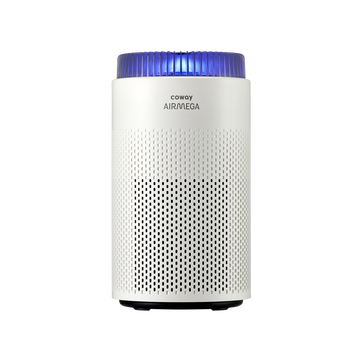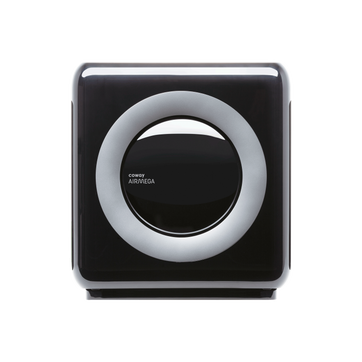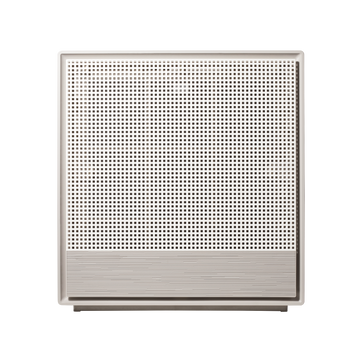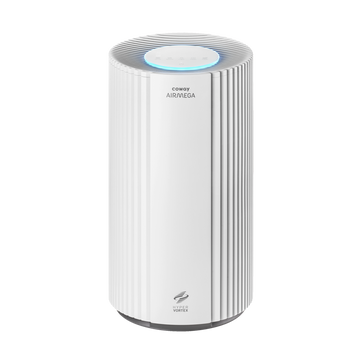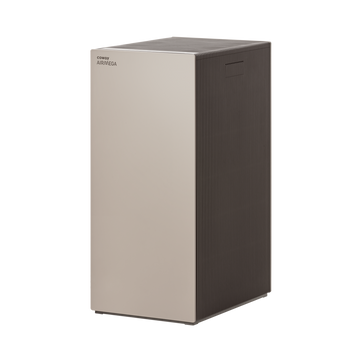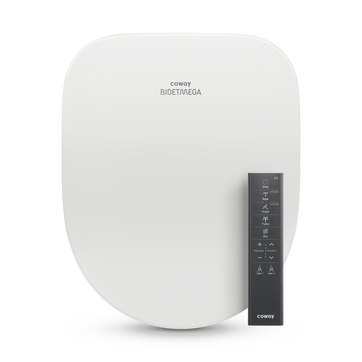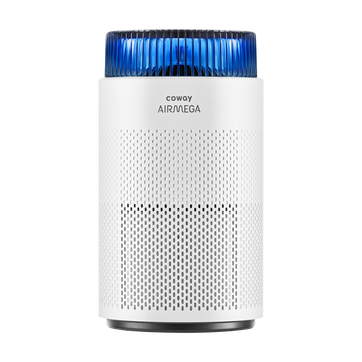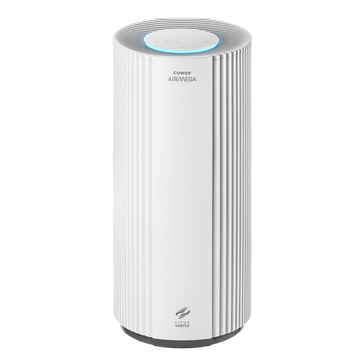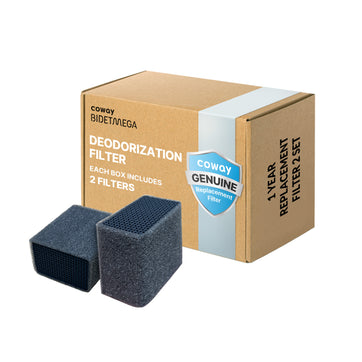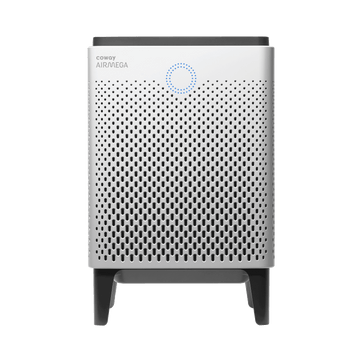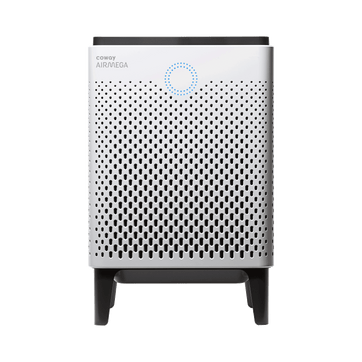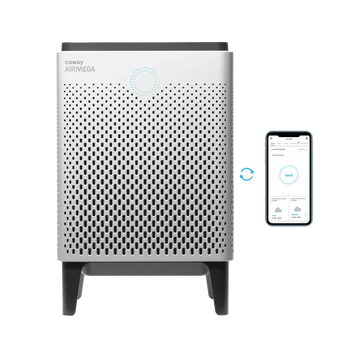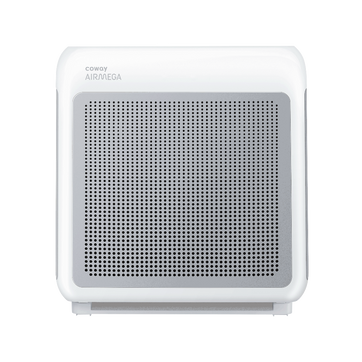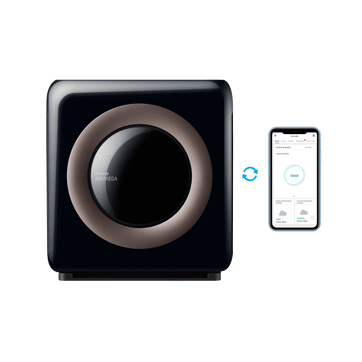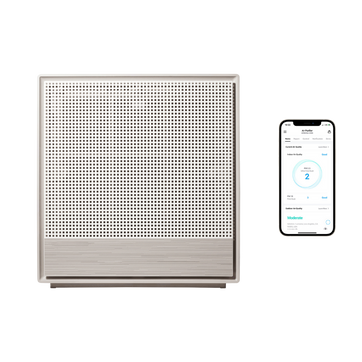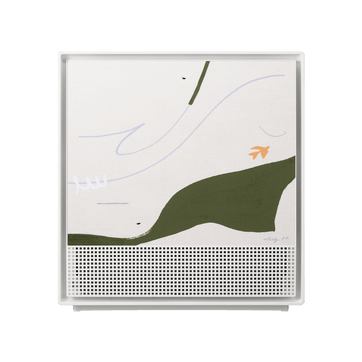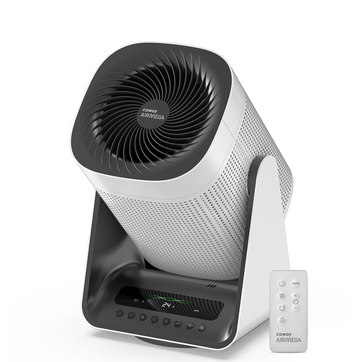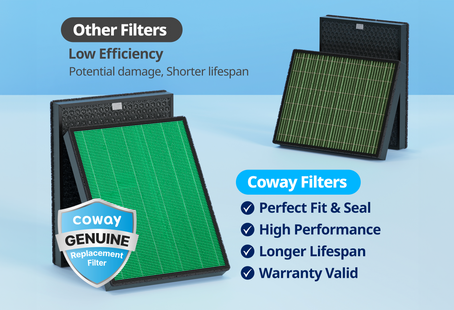
What does Cape Town’s water crisis mean?
After three years of droughts, less winter rainfall, and hotter temperatures (due to climate change), Cape Town, the beautiful port city of South Africa, is quickly running out of water. With emergency conservation plans in place for its four million residents, people are restricted to 13 gallons of water daily—enough for a 90-second shower, one toilet flush, one bottle of drinking water and weekly laundry. This crisis has also forced Cape Town to erect water treatment and desalination plants, but how safe is Cape Town’s remaining water?
The new desalination plants, which remove salt from Cape Town’s surrounding oceans to provide potable water, are under observation. Studies last year found that the water samples from Cape Town’s Granger Bay, the water going into the desalination plants, contained high levels of microbial pollution, as well as traces of pharmaceutical drugs and household chemicals. Moving forward, Cape Town will need to address the safety of their water, as residents will likely need to rely on desalination plants in the future.
The WWF (World Wide Fund), a conservation organization, has issued an alert to Capetonians about their tap water quality as well. As water in the city’s dams is running down, residents may find the overall quality of their tap water decreasing. The cause? Particles in the dams that concentrate and settle at the bottom are flowing into the city’s water system.
This water-stressed city depicts a cautionary tale of conservation, leading us to question how we will move into the future. With the growing scarcity of drinking water and the introduction of alternative water sources a countertop water filter, like Coway Aquamega, can help make sure your water is safe now and in the days to come.
Disclaimers
1Coway air purifiers have been proven to trap dust, pollen, dander, viruses and bacteria in the air based on KCL (Korea Conformity Laboratories) testing.They have been tested in a 30㎥ size chamber according to the Korea Air Cleaning Association standard (SPS-KACA 002-132:2022 Modified) to measure the 0.01㎛ size of particle removal rate. It was tested on maximum airflow speed in normal room temperature and humidity conditions. The performance may vary in the actual living environment of customers.
→ Tested with Airmega Aim, 50, 100, 150, 160, Tower AP-1216L, Mighty AP-1512HH, MightyS AP-1512HHS, 200M, Icon, IconS, 230, 240, 250, 250 Art, 250S, 300, 300S, 350, 400, 400S, 450, ProX
299.97% of viruses, bacteria, fungi and pollen were verified to be removed from the air for Coway air purifiers which have Green True HEPA™ filter applied based on the Japan Food Research Laboratories(JFRL) testing according to JEM 1467 standard.
→ Tested with Coway Airmega Mighty AP-1512HH, MightyS AP-1512HHS, 250, 250 Art, 250S, 300, 300S, 400, 400S
→ All tested by JFRL and received above result within below time.
4The concentration of ammonia, acetaldehyde and acetic acid were proven to be removed within 30 minutes by FCG Research Institute, Inc. Human Life Science Lab. It is not a demonstration result in the actual use space. Not all odors and gases may be supported. → Tested with Coway Airmega 150, 160, Mighty AP-1512HH, MightyS AP-1512HHS, 400, 400S
5The coverage area of the air purifier is based on an area where the air cleaner can make two air changes per hour (ACPH). An air change per hour translates to how many times an air purifier can clean an area, assuming the height of a ceiling to be 8 ft, in one hour. Therefore ** means two air changes per hour means that the cleaner can clean the area once every 30 minutes and * means air changes per hour means that the air purifier can clean the area once every 60 minutes.
10Terms and conditions apply. Discounts, including promotions, coupons, bundle discount and subscription discount, cannot be stacked on top of other coupons. During promotional periods, discount codes will not be able to be applied to orders. Promo codes may apply to products only—filters, accessories, and new products within 3 months of the release date are not included.
11Based on Coway R&D internal laboratory testing, activated carbon filtration was shown to remove up to 95% of ammonia odors within 40 minutes, and up to 99% of fecal odors within 20 minutes. Actual performance may vary depending on usage conditions.
